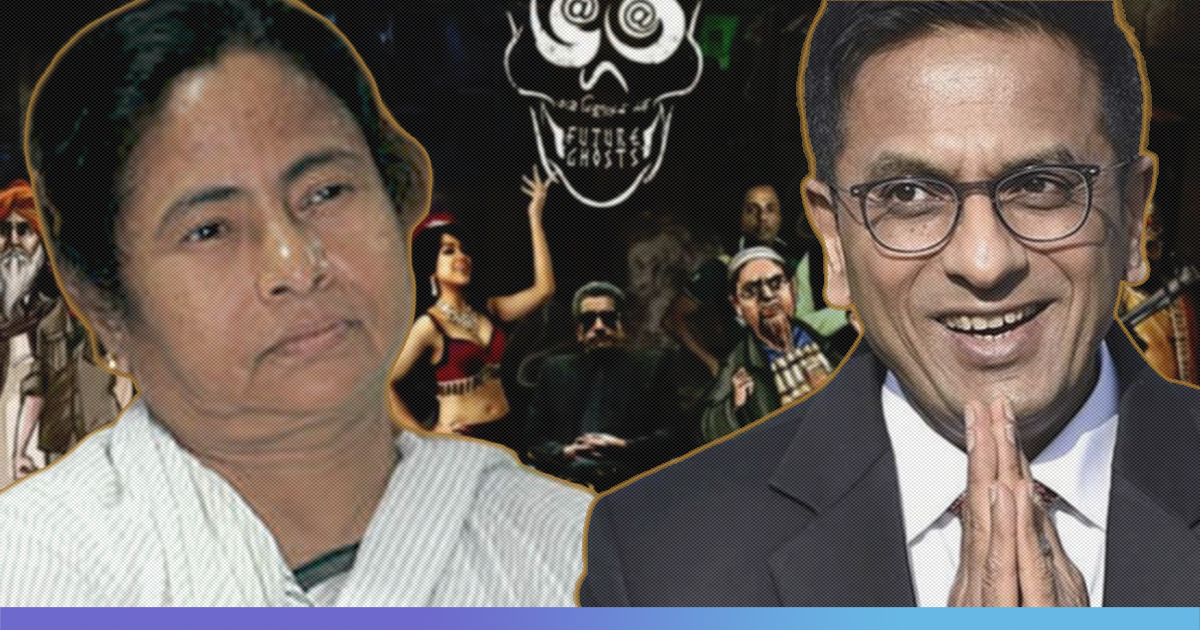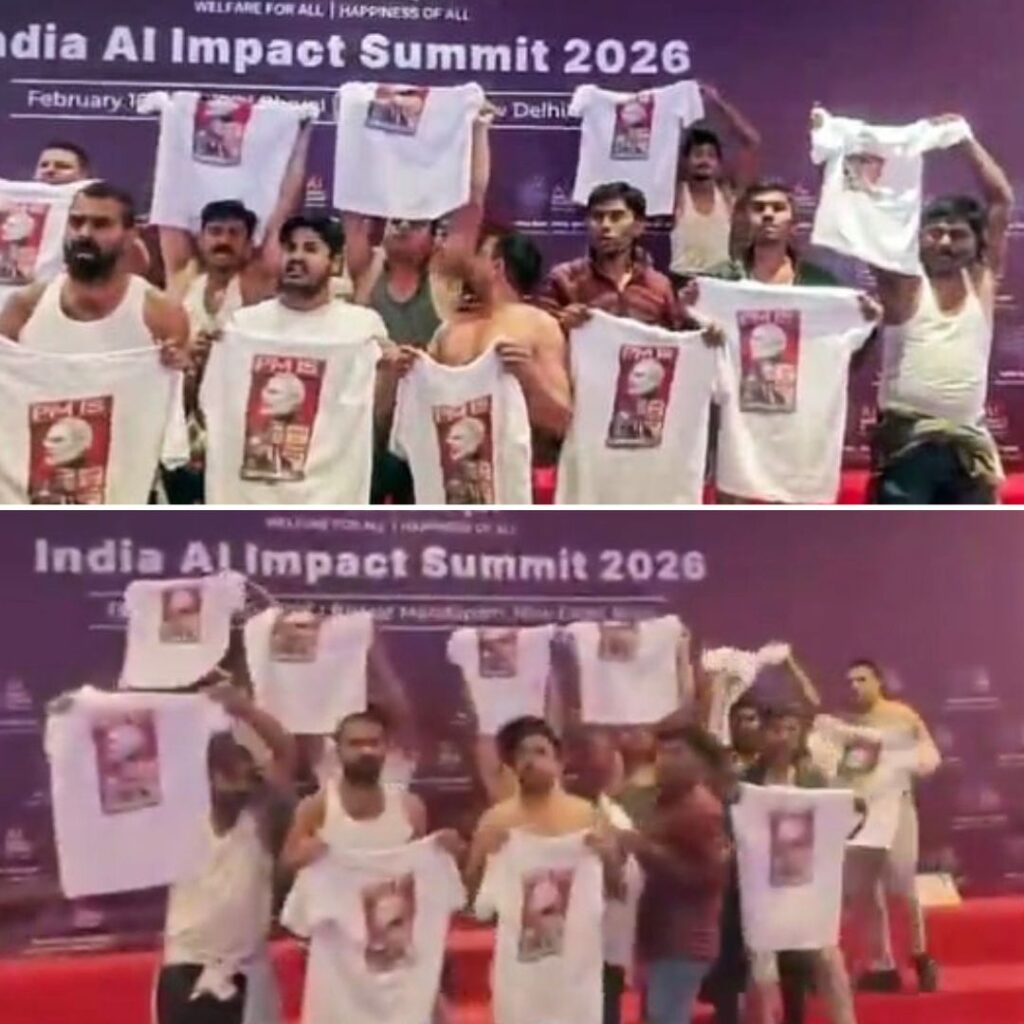The Supreme Court on April 11 imposed a whopping Rs 20 lakh fine on the West Bengal Government for the virtual ban that it had imposed on the screening of the satirical film, “Bhobishyoter Bhoot” (Future Ghosts) in the state. The amount has to be paid within a month. The apex court found the Mamata Banerjee government guilty of “clear abuse of public power” in using police force to stop the screening of the movie.
What did the SC say?
The bench, headed by Justice D Y Chandrachud said that the fine amount should be given to producers and cinema hall owners for violating their right to freedom of expression and speech as has been enshrined in the Indian Constitution. In this regard, the court expressed deep concern over “growing intolerance” in the country against artistic freedom. The court was hearing a petition filed by the movie’s producer, Indibily Creative Pvt Ltd. which said that the movie was allegedly taken down from theatre halls at the orders of the state authorities, acting as a ‘super censor’. The court added, “Free speech cannot be gagged for the fear of the mob.”
The film, directed by Anik Dutta, had disappeared from the movie halls after a day of its release on February 15. Those who saw the movie labelled it as a dark satire on the state of politics and politicians across political ideologies in West Bengal.
The Supreme Court earlier on March 15 directed the Bengal government to issue a circular “forthwith” to all the exhibitors stating that there was no ban on the screening of the movie. The bench of Justices D.Y. Chandrachud and Hemant Gupta directed the joint commissioner of police of Kolkata to withdraw the communication stating that “the contents of the film may hurt public sentiments which may lead to political law and order issues,” reported The Telegraph.
This came after a March 15 hearing where the apex court said, “We also direct the chief secretary, principal secretary, home, and DGP to ensure proper arrangements of security are made to facilitate screening of the film and to ensure viewers and audience are not in danger and there is no danger to the property of the theatre where the film is screened.”
No official communication
However, in the successive hearings, advocate Sanjay Parekh, appearing for the producers alleged that despite the March 15 hearing, only 10 theatres were screening the movie since there was no official communication from the state to the exhibitors stating that there was no ban on the movie. Reportedly, none of the 10 theatres was in Kolkata. To this, senior advocate Abhishek Manu Singhvi, appearing for the West Bengal government had then said that the state government had no obligation to market the movie. The apex court said that it would exercise its powers to ensure that the CBFC-certified film is screened in theatres without any hindrance.
The petitioner had informed that the court that it had received a letter from the State Intelligence Unit (SIU) of Kolkata Police that the contents of the film may hurt public sentiments which may lead to political law and order issues. Without receiving any communication from authorities, the filmmakers learned that the film was taken off of movie theatres after a day of its release. The petitioners had further claimed that several exhibitors had told them that the Station House Officer of local police stations had asked them to stop screening with immediate effect.
The film revolves around a group of ghosts, including a politician, who gather at a refugee camp and try to be relevant in the present times. The cast of the film is also star-studded with bigwigs like Sabyasachi Chakraborty, Moon Moon Sen in it. The ‘unofficial ban’ of the movie was quick to take a political hue with many film buffs and activists calling the move ‘undemocratic’, and ‘fascist’.
While the movie was cleared by the film certification board for release, the West Bengal government’s ‘virtual ban’ was purely undemocratic, to say the least. This is one of the examples of misuse of state machinery’s overreach and exercise of the power to restrain freedom of speech and expression. The Logical Indian appreciates the apex court’s decision in this regard.
Also Read: The Ban On ”Lipstick Under My Burkha” And The CBFC’s Notion Of Women’s Liberation












